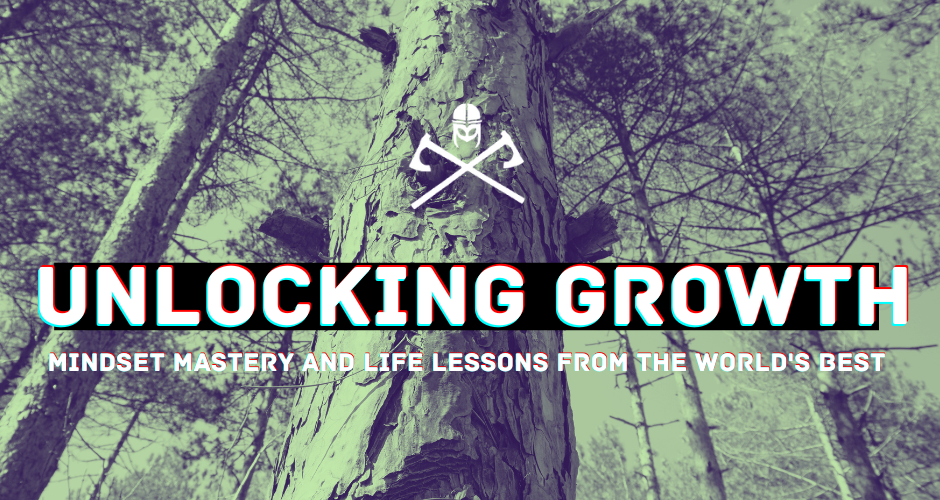
by Gene Crawford | Jan 13, 2025 | Podcast
Join Greg and I as we discuss the intertwined journey of life, business, and personal growth. We share lessons learned about taking responsibility for our choices, focusing on what we can control, and maintaining emotional balance—especially in challenging client interactions. Reflecting on early setbacks, we discuss the value of time as a finite resource, the importance of aligning work with personal values, and setting boundaries around less fulfilling commitments. Through stories of resilience, consistency, and integrity, we highlight the parallels between martial arts, entrepreneurship, and life, encouraging growth through presence, reflection, and intentional action.
(more…)

by Gene Crawford | Sep 30, 2024 | Podcast
The leaked MrBeast employee manual, which surfaced in September 2024, provides insights into the operations and production philosophy behind one of YouTube’s largest channels. The 36-page document, intended as an internal onboarding guide, outlines the high expectations MrBeast (Jimmy Donaldson) has for his team. It stresses a results-driven culture, where employees are judged on their output rather than the hours worked. The document categorizes employees into “A-Players,” who are the best at what they do, and warns against keeping “C-Players,” who are seen as detrimental to the team’s performance. This leak has come at a time when MrBeast faces various controversies, adding more fuel to ongoing debates about his work culture.
The A, B, and C player section of MrBeast’s leaked employee manual has sparked debate. It categorizes employees based on their performance: A-players are high-performing, coachable, and obsessed with their work, while B-players are trainable. However, C-players are deemed “poisonous” and should be removed from the company immediately. This has led to mixed reactions, with some praising the focus on excellence, while others criticize the potential harshness and pressure this framework imposes on employees.
(more…)

by Gene Crawford | Sep 23, 2024 | Podcast
Delve into the multifaceted world of jujitsu, exploring its potential for real-life self-defense, the challenges within the martial arts community, and the personal growth that stems from adversity. This episode is packed with gripping stories, insightful discussions, and practical advice. This is a must-listen for anyone interested in martial arts, personal development, or self-defense. The episode offers a balanced mix of real-life applications, critical discussions, and motivational insights, making it both informative and inspiring. Tune in to gain a deeper understanding of jujitsu’s potential to transform not just your physical capabilities, but your entire mindset.
(more…)

by Gene Crawford | Aug 13, 2024 | Podcast
Join us for an enriching Debrief episode of the Podcast as we unpack valuable life lessons from Arnold Schwarzenegger’s newsletter, “The Pump.” We emphasize the critical importance of recovery in every facet of life. Explore the principle of “garbage reps, garbage results,” which underscores the necessity of being fully present in your efforts—whether in workouts, business, or relationships. We’ll also discuss maintaining curiosity, the superiority of habits over motivation, and the foundational basics that keep us grounded. Tune in to gain insights on cultivating a solid mindset, dismissing overthinking about others’ opinions, and valuing consistency over perfection.
Additionally, we highlight an inspiring story about Spanish runner Ivan Fernandez’s act of sportsmanship toward Kenyan runner Abel Mutai, offering a compelling contrast to the “win at all costs” mentality. This chapter also tackles the issue of body shaming in sports, focusing on Olympic rugby athlete Ilona Maher and the outdated use of BMI as a fitness measure. We advocate for comprehensive health assessments and introduce a simple decision-making rule: considering the impact of something in 10 minutes, 10 months, or 10 years to gain perspective on life’s challenges. This episode is packed with actionable advice to enhance your mindset and daily routines, making it a must-listen for anyone striving for personal growth and resilience.
(more…)

by Gene Crawford | Apr 29, 2024 | Podcast
Success is often clouded by self-doubt and the fear of being exposed as an imposter. In this latest episode Greg and I discuss overcoming these fears through authenticity and vulnerability.
We share our experiences with imposter syndrome and discuss the impact of societal pressures and curated social media. We offer insights from our backgrounds in business, martial arts, real estate, providing strategies to help you fight self-doubt.
We examine the role of external validation and emphasize the importance of internal metrics, highlighting Gary Vaynerchuk’s and Dr. Sean Pastuch’s insights. We define imposter syndrome and its various types, using personal stories to illustrate our journey through self-acceptance.
One significant takeaway is the struggle with pricing our worth. We discuss how the tension between commercial success and artistic integrity can fuel imposter feelings, especially when it comes to pricing and negotiation. We stress the importance of valuing one’s work and charging what one is truly worth.
Remember, imposter syndrome doesn’t define you. It’s a shared experience, and by confronting it with honesty and courage, we can all emerge victorious.
(more…)





